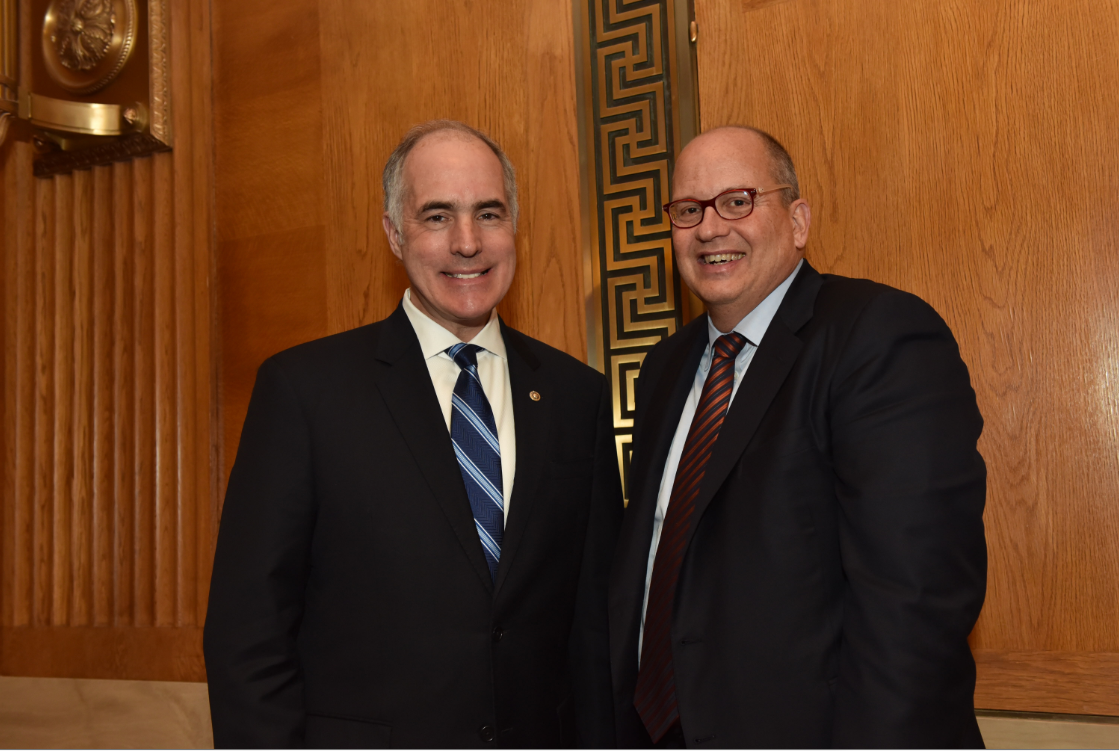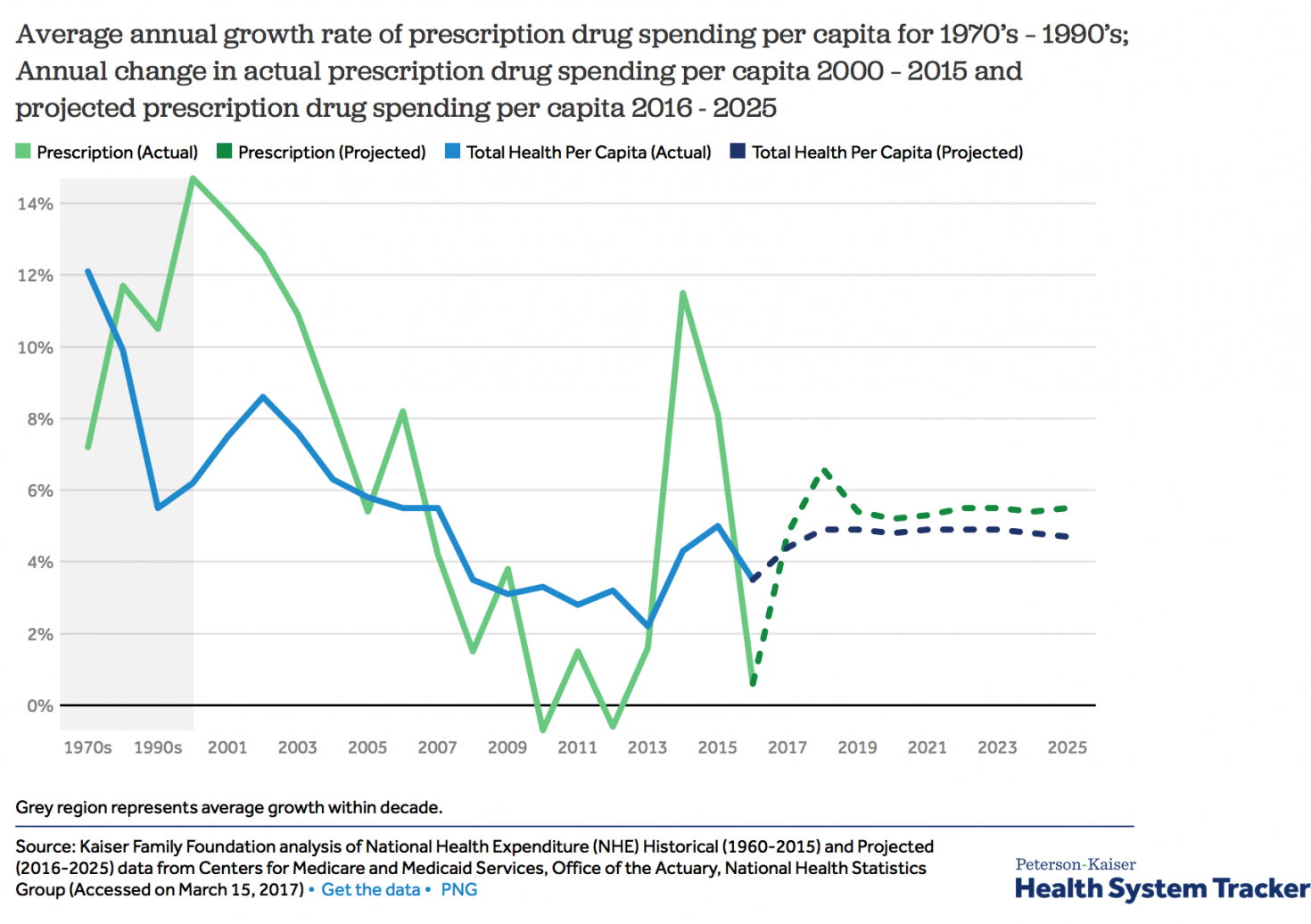
The Numbers Are In: Undermining the ACA Will Hurt Health Coverage and Increase Costs
Last week, Medicare Rights explored some of the looming risks to health coverage and affordability created by recent administrative efforts to undercut the Affordable Care Act (ACA). As we noted then, the Trump administration has proposed several new rules that would allow insurers to offer coverage that does not meet the standards set by the ACA. In addition, Congress has taken steps to undermine the ACA’s coverage by repealing the individual mandate in last year’s tax bill, despite evidence that doing so would cause millions to lose coverage. Together, these changes threaten to undermine the design and achievements of the ACA. Now the Urban Institute, a nonpartisan research organization, and Avalere, a nonpartisan health consulting firm, have released studies that add concrete numbers to these risks.









